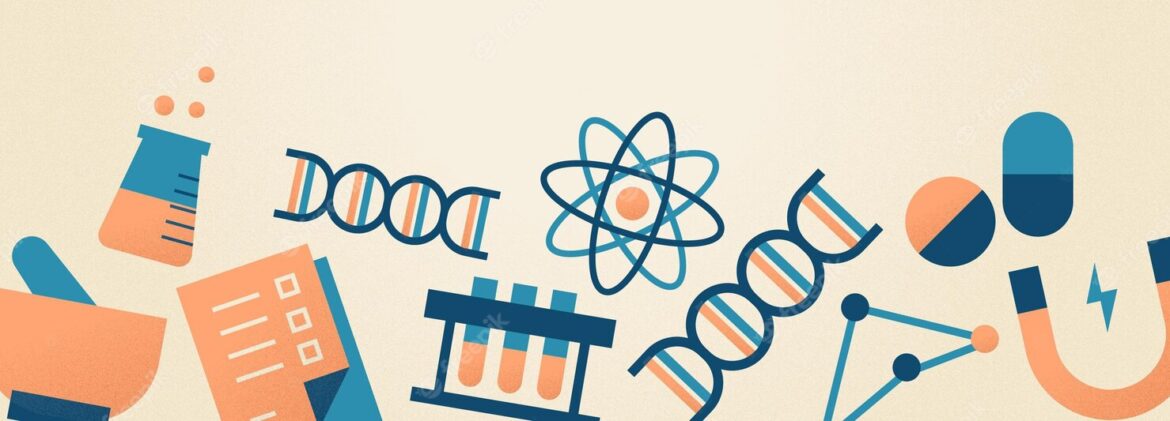
Annotated Bibliography for “Mental Illness: Nature Vs Nurture?”
Angel Campos Jimenez
Department of English, CUNY City College of New York ENGL 21003: Writing for the Sciences
Caitlin Geoghan
Date: March 19, 2023
Albert P. R. (2010). Epigenetics in mental illness: hope or hype?. Journal of psychiatry & neuroscience : JPN, 35(6), 366–368. https://doi.org/10.1503/jpn.100148
Dr. Albert obtained his B.Sc. in Physiology/Biochemistry from McGill University, Montreal (1980) and his Ph.D. in Pharmacology from Harvard University. Albert has received many awards for his research including the 2000 John Dewan Prize from Ontario Mental Health Foundation, Ontario and in 2017, the Heinz Lehmann Award from the Canadian College of Neuropsychopharmacology. The purpose of this article is to highlight the potential of epigenetic research. The information from this article is used in my paper to mention one way of how epigenetic research may be used for treatments of mental illness in the future.
Carey, B. (2010, November 9). As Life Alters Genes, Illness May Emerge. New York Times, D7(L).https://link-gale-com.ccny-proxy1.libr.ccny.cuny.edu/apps/doc/A241568023/SCIC ?u=cuny_ccny&sid=bookmark-SCIC&xid=861ceaf0
The writer’s main argument is that mental illnesses may show patterns in genes, just not in the way that a genetic marker would. Rather they’re deciding to look at genes in a different angle: through epigenetics, the study of how experience and environment affect genes. The purpose of the source is to show insight on a new angle of the argument “nature vs nurture” when it comes to things such as traits like personality or through mental illnesses where it could be a mix of both and how they affect each other in genes. Benedict Carey is an American journalist who specializes in medical and science topics for the New York Times. The information from this article is used to give the basic definition of epigenetics.
Klengel, & Binder, E. B. (2015). Epigenetics of Stress-Related Psychiatric Disorders and Gene x Environment Interactions. Neuron (Cambridge, Mass.), 86(6), 1343–. https://doi.org/10.1016/j.neuron.2015.05.036
The writer’s main argument is that they want readers to have a deeper understanding of how DNA and our systems are affected by our stress-levels. As well as how, depending on when in our development, the stress levels are affecting us on a molecular level. The purpose of the source is to inform researchers about the way epigenetics might explain a connection between genetics and mental illnesses. Dr. Klengel has been the director of the Translational Molecular Genomics Laboratory at McLean Hospital. He is the recipient of several honors and fellowships, including a research prize from the European Psychiatric Association. I use a graph from this article and use it to explain how different chemical components react to stress and the effects of the reaction.
Plomin, R., & Asbury, K. (2005). Nature and Nurture: Genetic and Environmental Influences on Behavior. The Annals of the American Academy of Political and Social Science, 600, 86–98. http://www.jstor.org/stable/25046112
Robert Plomin is an American/British psychologist and geneticist who has published several books on genetics and psychology. The purpose of the source is to talk about how nature and nurture may go hand in hand when it comes to behavior and mental illness with genetics. It mentions how the world of science needs/is becoming more accepting of etiology, the investigation of what causes certain diseases. The writer’s main argument is that both genetics and environment, and the interaction of them are important to an individual’s behaviors such as mental health. I used Plomin’s article to give the example of twin DNA not exhibiting the same mental illness despite being incredibly similar.
Saey, T. H. (2008, May 24). Epic genetics: genes’ chemical clothes may underlie the biology behind mental illness. Science News, 173(17), 14+. https://link-gale-com.ccny-proxy1.libr.ccny.cuny.edu/apps/doc/A179535436/SCIC?u=cun y_ccny&sid=bookmark-SCIC&xid=5ba49943
Tina Hesman Saey is a geneticist-turned-science writer who earned her a Ph.D. in molecular genetics at Washington University in St. Louis. Saey has earned her master’s in science journalism from Boston University. Her work has been honored by the Endocrine Society, the Genetics Society of America and by journalism organizations. The main purpose of this source is to give an in-depth explanation on how epigenetics works and some studies based on mental illness and the epigenetic connection. I use this article throughout the paper to explain the scientific side behind epigenetics.

